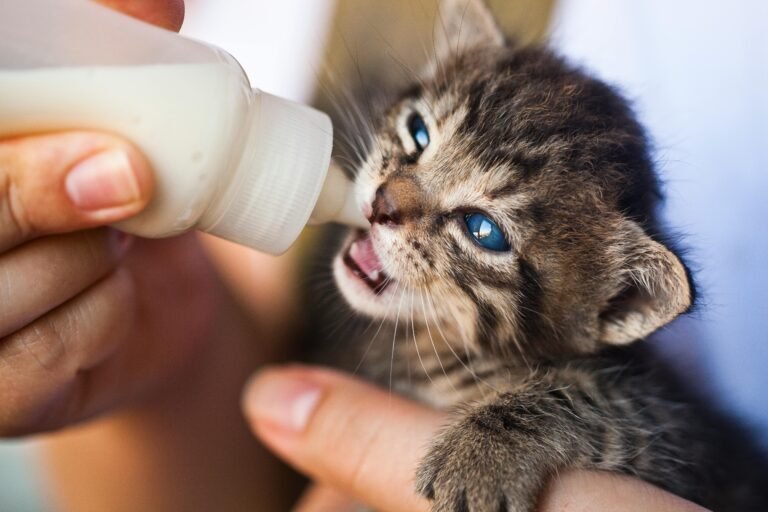Golden Retrievers are famous for their affectionate nature, intelligence, and beautiful golden coats. They’re one of the most popular dog breeds in the world — and for good reason. However, their popularity also means that some inherited health problems are common in the breed.
At PetShopHub.com, we believe that being an informed pet parent is the first step to a healthy, happy life for your dog. Let’s explore the most common health issues in Golden Retrievers and what you can do to prevent or manage them.
🦴 1. Hip and Elbow Dysplasia
🔍 What It Is:
A genetic condition where the hip or elbow joints don’t form properly, leading to arthritis and mobility issues.
✅ Prevention Tips:
- Choose a breeder who screens for joint issues
- Avoid overexercising puppies
- Maintain a healthy weight
- Provide joint supplements if recommended by your vet
❤️ 2. Cancer
🔍 What You Need to Know:
Sadly, Golden Retrievers have one of the highest rates of cancer among dog breeds. Common types include hemangiosarcoma and lymphoma.
✅ How to Lower Risk:
- Regular vet checkups and blood work
- Watch for symptoms: sudden weight loss, lumps, lethargy
- Feed a balanced, antioxidant-rich diet
- Discuss early screening options with your vet
👁️ 3. Eye Conditions (Cataracts & Progressive Retinal Atrophy)
🔍 The Issue:
Goldens are prone to eye diseases that can lead to vision loss.
✅ Early Signs:
- Cloudy eyes
- Bumping into objects
- Night blindness
✅ What Helps:
- Annual veterinary eye exams
- DNA testing for PRA in breeding dogs
- Use of eye-protecting nutrients like omega-3s (consult your vet)
🐶 4. Hypothyroidism
🔍 What It Is:
A common hormonal disorder where the thyroid gland doesn’t produce enough hormones, leading to weight gain and skin problems.
✅ Symptoms:
- Weight gain without more food
- Lethargy or depression
- Hair thinning or skin flaking
✅ Treatment:
- Daily thyroid medication
- Regular blood tests
- Balanced diet and proper exercise
🧠 5. Epilepsy
🔍 Why It Matters:
Golden Retrievers can be genetically predisposed to seizures.
✅ Symptoms:
- Sudden loss of consciousness
- Muscle twitching or spasms
- Drooling or confusion
✅ What You Can Do:
- Consult a vet immediately if you notice seizure activity
- Anti-seizure meds may help manage the condition
- Maintain a consistent routine to avoid triggers
👂 6. Ear Infections
🔍 The Cause:
Their floppy ears and love of water make Goldens prone to ear infections.
✅ Signs to Look For:
- Head shaking
- Scratching ears
- Bad odor or redness
✅ Preventive Tips:
- Clean ears weekly with vet-approved solutions
- Dry ears after swimming or baths
- Avoid inserting objects deep into the ear canal
💛 7. Skin Allergies and Hot Spots
🔍 Common Culprits:
Goldens often suffer from allergies, leading to itchy skin, hair loss, or painful hot spots.
✅ Treatment Options:
- Use a hypoallergenic or limited-ingredient diet
- Bathe with gentle, skin-soothing shampoos
- Treat fleas and other parasites regularly
- Consult your vet for allergy testing
🐕🦺 How to Keep Your Golden Retriever Healthy
- 🩺 Annual health checks to catch issues early
- 🍗 High-quality diet rich in nutrients
- 🏃♂️ Daily exercise to prevent obesity and boredom
- 🧼 Regular grooming to keep skin and coat in top shape
- 💊 Routine parasite control (fleas, ticks, and heartworm)
- 🪥 Dental care to avoid gum disease and bad breath
📞 When to Call the Vet
Contact your vet if you notice:
- Lumps, bumps, or sudden weight changes
- Limping or reluctance to move
- Cloudy eyes or changes in vision
- Frequent ear infections or skin issues
- Seizures or unusual behavior
🐾 Final Thoughts
Golden Retrievers are a bundle of joy, loyalty, and energy — and they deserve the best care possible. By understanding their breed-specific health risks and staying proactive with vet visits, nutrition, and grooming, you’ll help your Golden live a longer, happier life.
Stay tuned to PetShopHub.com for more expert guides, care tips, and pet product reviews made just for devoted pet parents like you.





